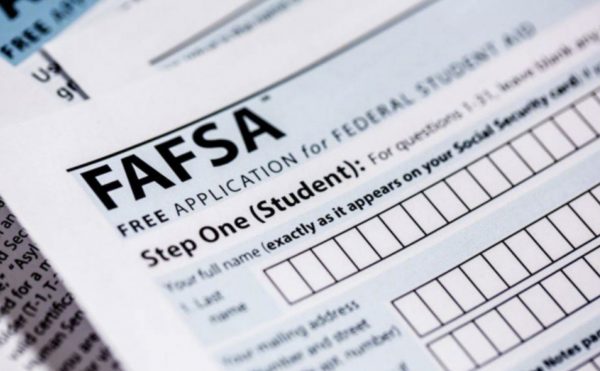In a frustrating turn of events, the distribution of the 2024 Free Application for Federal Student Aid (FAFSA) has been delayed once again, sending shockwaves through the educational community. The cause? An alarming miscalculation error totaling $1.8 billion. As the nation grapples with the repercussions of this mishap, seniors across the country find themselves in a state of uncertainty, grappling with the implications of this delay on their aspirations for higher education.
The FAFSA serves as a critical gateway for millions of students seeking financial assistance to pursue their academic dreams. Its timely distribution is essential in ensuring that students can access the necessary funds to afford college tuition, textbooks, and othe-0r essential expenses. However, the recent setback has cast a shadow of doubt on the reliability of the system, leaving many students and their families in the dark.
Furthermore, the delay in FAFSA distribution disproportionately affects students from low-income backgrounds who rely heavily on financial aid to pursue higher education. For these individuals, every dollar counts, and any delay in accessing financial assistance can significantly impact their ability to enroll in a college or university. The potential consequences of this delay extend beyond mere inconvenience, potentially derailing the academic aspirations of countless students who are already navigating systemic barriers to access higher education.
Additionally, the impact of the FAFSA delay on middle-class families cannot be overlooked. While students from low-income backgrounds are particularly vulnerable to the effects of delayed financial aid, middle-class families also face significant challenges. Many of these families rely on a combination of savings, loans, and financial aid to afford the rising costs of higher education. The delay in FAFSA distribution disrupts their ability to accurately assess their financial needs and plan accordingly. The inability to access timely financial aid information may force them to make difficult decisions about their children’s education. Without a clear understanding of their financial aid eligibility, students may be forced to choose between enrolling in a less desirable institution or taking on significant student loan debt. This predicament not only impacts the immediate financial burden on families but also has long-term implications for students’ financial well-being and future opportunities.
Compounding the issue, some colleges are now considering moving their commitment deadlines in response to the FAFSA delay. Stanford University recently announced that it would postpone its commitment deadline by two weeks. This decision reflects the recognition that many students may need additional time to evaluate their financial aid packages and make informed decisions about where to enroll.
However, the shifting of commitment deadlines further exacerbates the uncertainty surrounding the college admissions process, adding another layer of stress for students and their families. While the extension provides some relief for students grappling with the ramifications of the FAFSA delay, it also prolongs the period of uncertainty and anxiety, delaying the resolution of an already challenging situation.
For prospective students weighing their college options, the extended deadline offers an opportunity to carefully consider their choices and assess the financial implications of their decisions. Yet, it also prolongs the period of darkness, delaying the moment when students can confidently commit to their chosen institution and begin planning for their academic future.
Moreover, the ripple effects of the FAFSA delay extend beyond individual students to encompass educational institutions and the broader economy. Colleges and universities rely on timely FAFSA submissions to allocate financial aid resources effectively and plan their budgets accordingly. The delay disrupts this process, creating logistical challenges for educational institutions and potentially straining their ability to provide support to students in need.
While the extension of commitment deadlines may provide temporary relief for students, it does little to address the underlying issues caused by the FAFSA delay. As the educational community deals with the aftermath of this significant setback, it is essential to prioritize the needs of students and families, offering support and guidance as they navigate the complexities of the college admissions process in an uncertain landscape.


